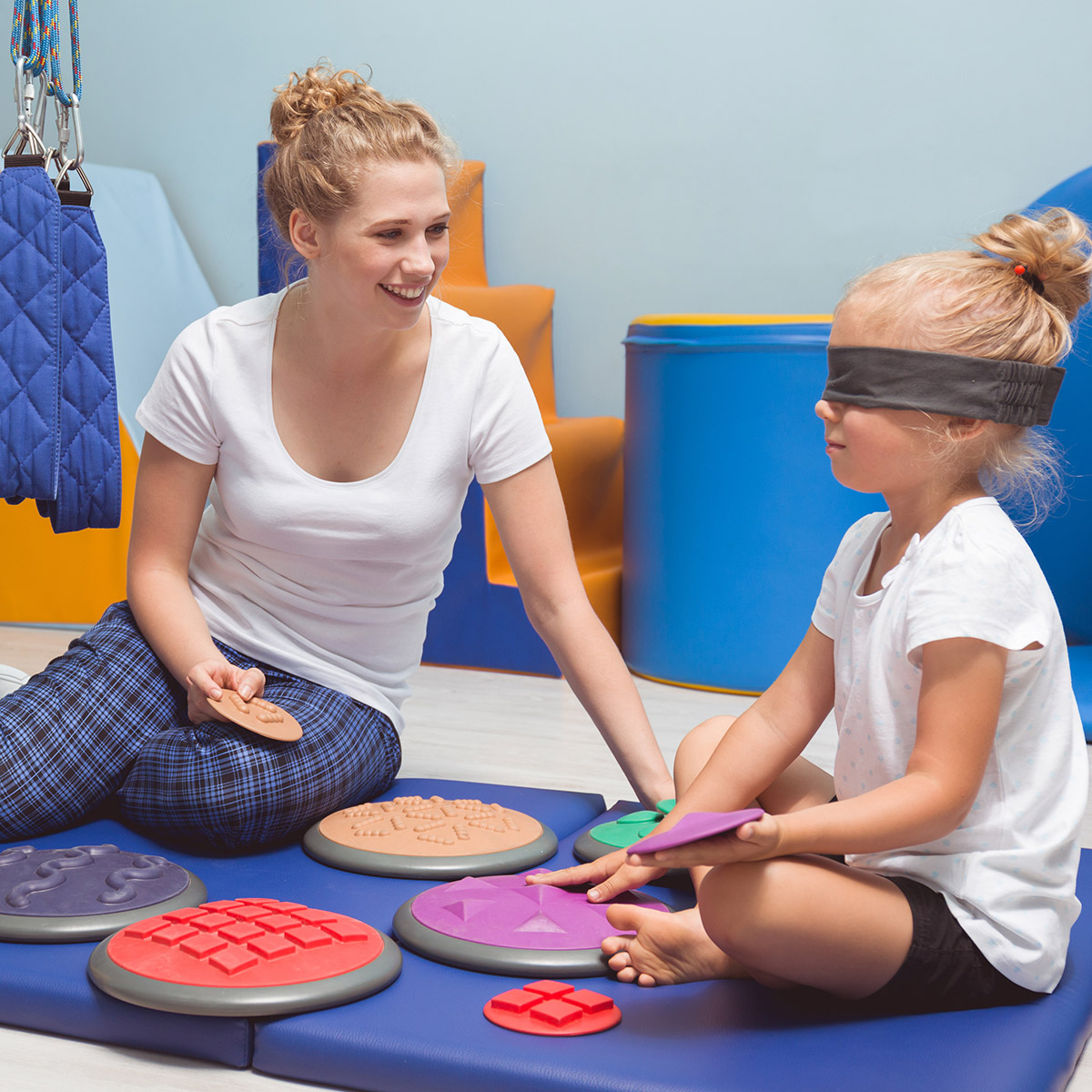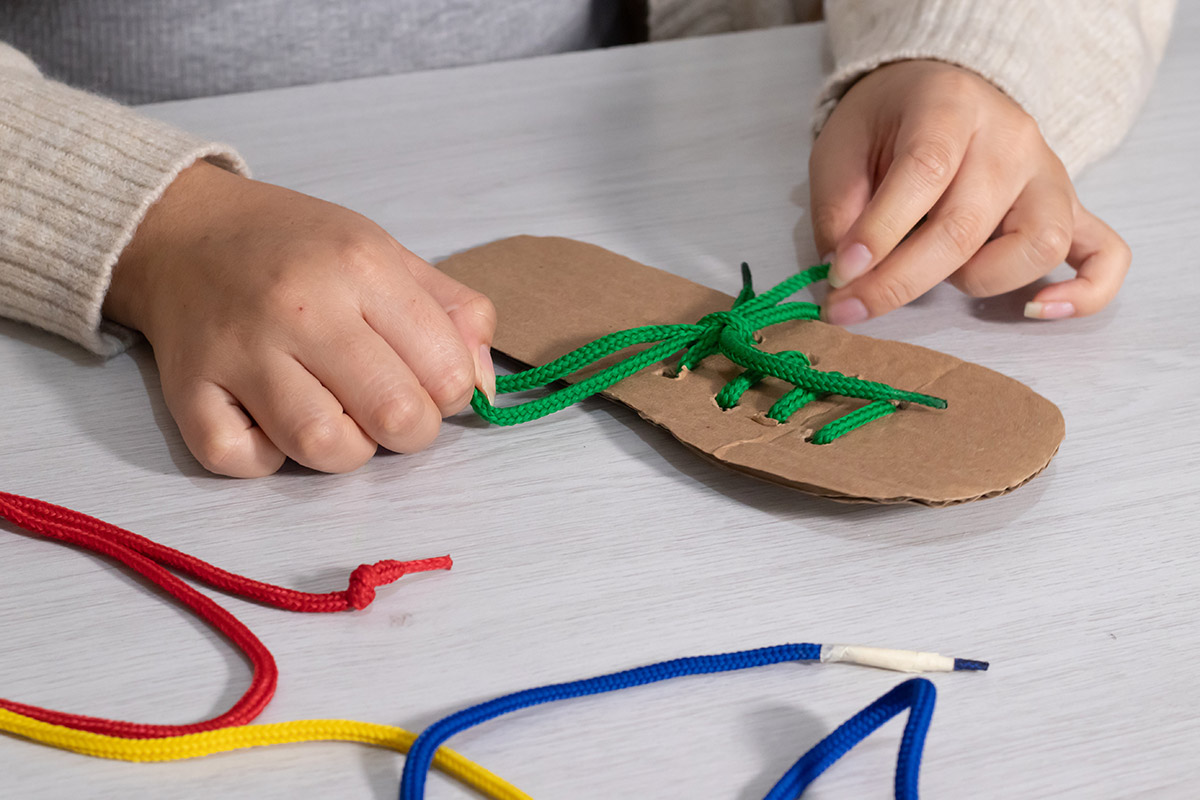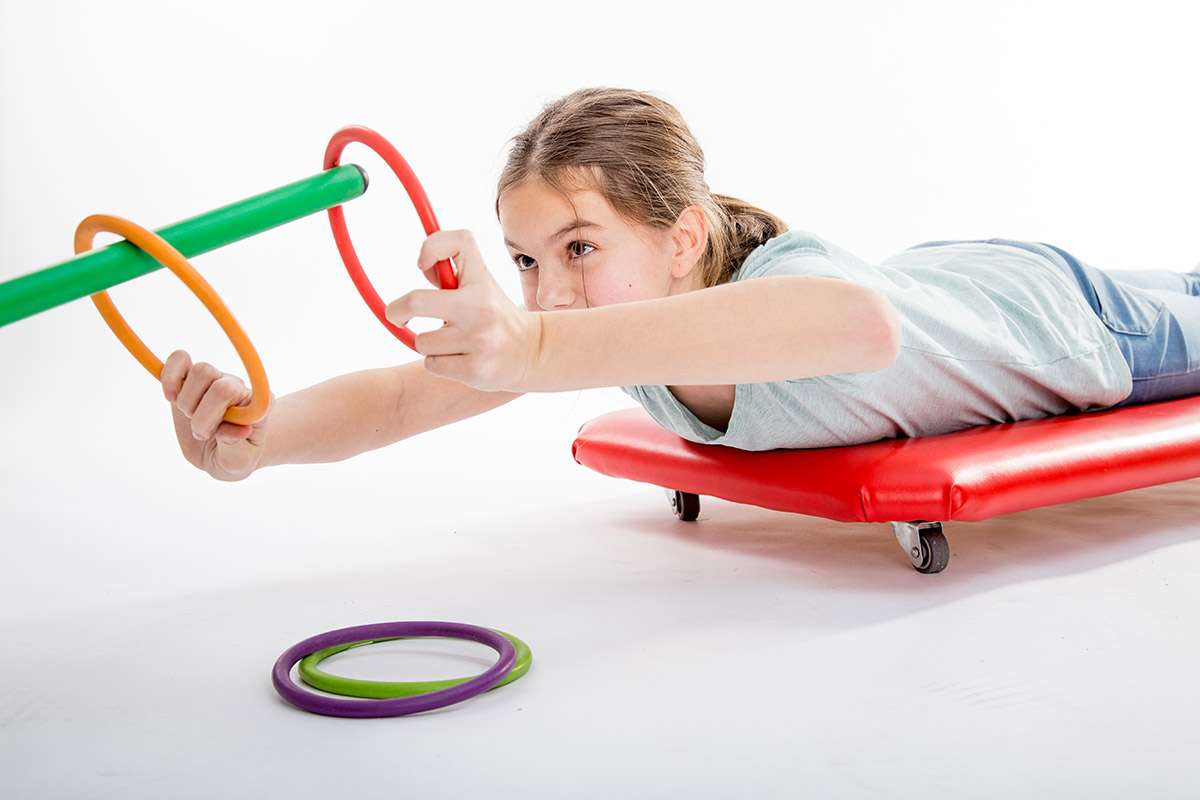Therapeutic Support in Schools
Therapy Services in Schools
At HomeCare Therapeutics DBA TherapyArch, we extend our therapy services to the school system, including public schools, charter schools, and non-public schools. We offer Occupational Therapy (OT) and Physical Therapy (PT), to support students with learning, communication, and developmental disabilities aged 3 to 21 years. Our therapists work closely with educators, child support teams, and parents to ensure that students can fully participate in their academic journey.

We take pride in placing highly skilled and committed school based occupational therapists and physical therapists. Apart from conducting therapy sessions, our therapists perform standardized assessments to evaluate a student's abilities, strengths, and areas of improvement. Our therapists play an active role in engaging with Individualized Education Program (IEP) meetings. They work collaboratively with the school team to address goals, track progress, and determine any accommodations or modifications essential to meet the student's academic and therapeutic requirements. Additionally, our therapists diligently prepare quarterly progress reports and contribute to the development of the Present Levels of Academic Achievement and Functional Performance (PLAAFP), ensuring comprehensive support for each student.
Here is an overview of our therapy focus in the school system:
Occupational Therapy (OT) focus




Physical Therapy (PT) Focus




Our therapy interventions in the academic setting are designed to address a wide range of conditions, including but not limited to:
Through targeted interventions tailored to address specific conditions, we strive to empower students, enabling them to unlock their full potential within the academic environment. By working together harmoniously, we create an environment conducive to success, facilitating the student's holistic growth and achievement.
